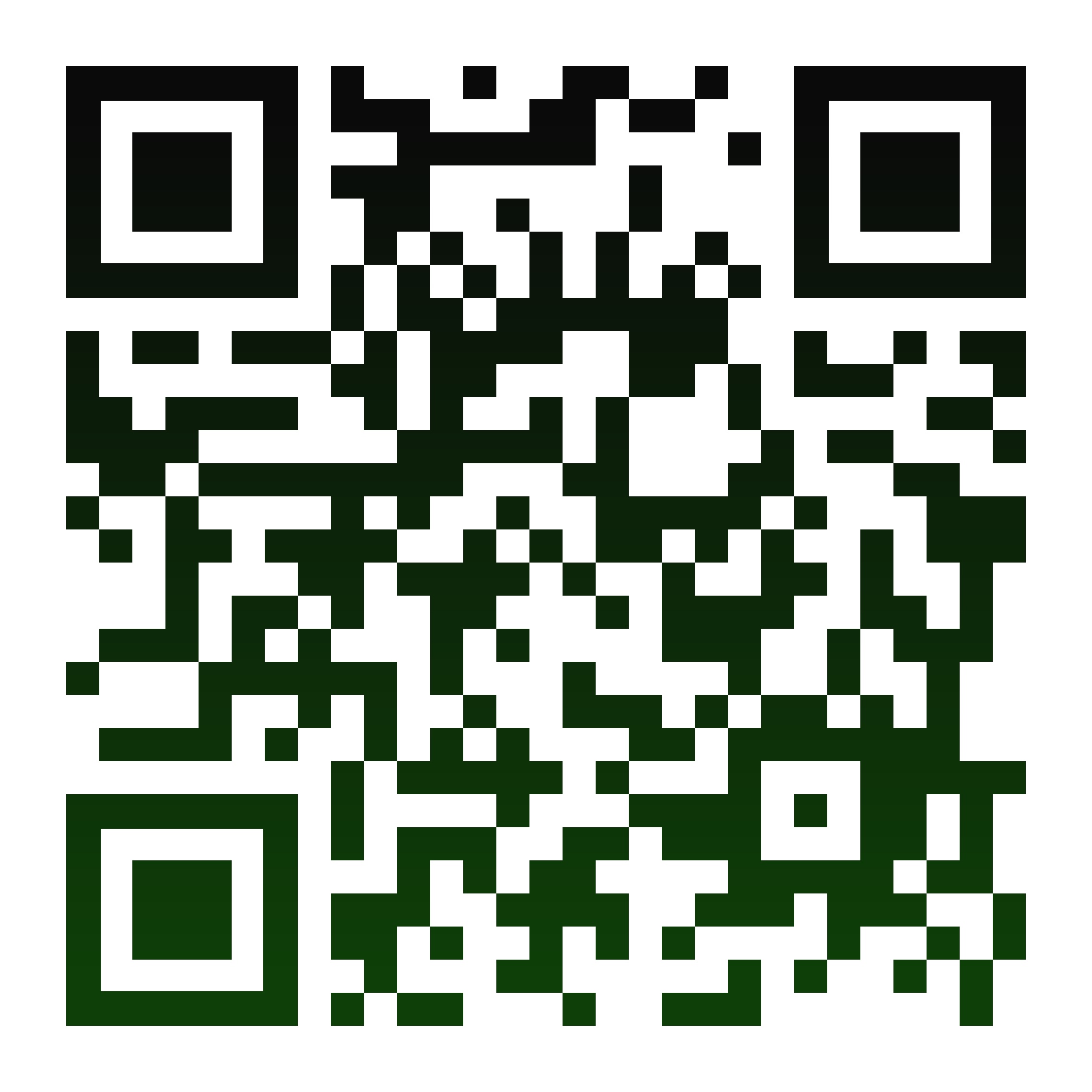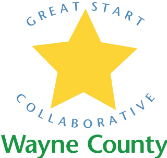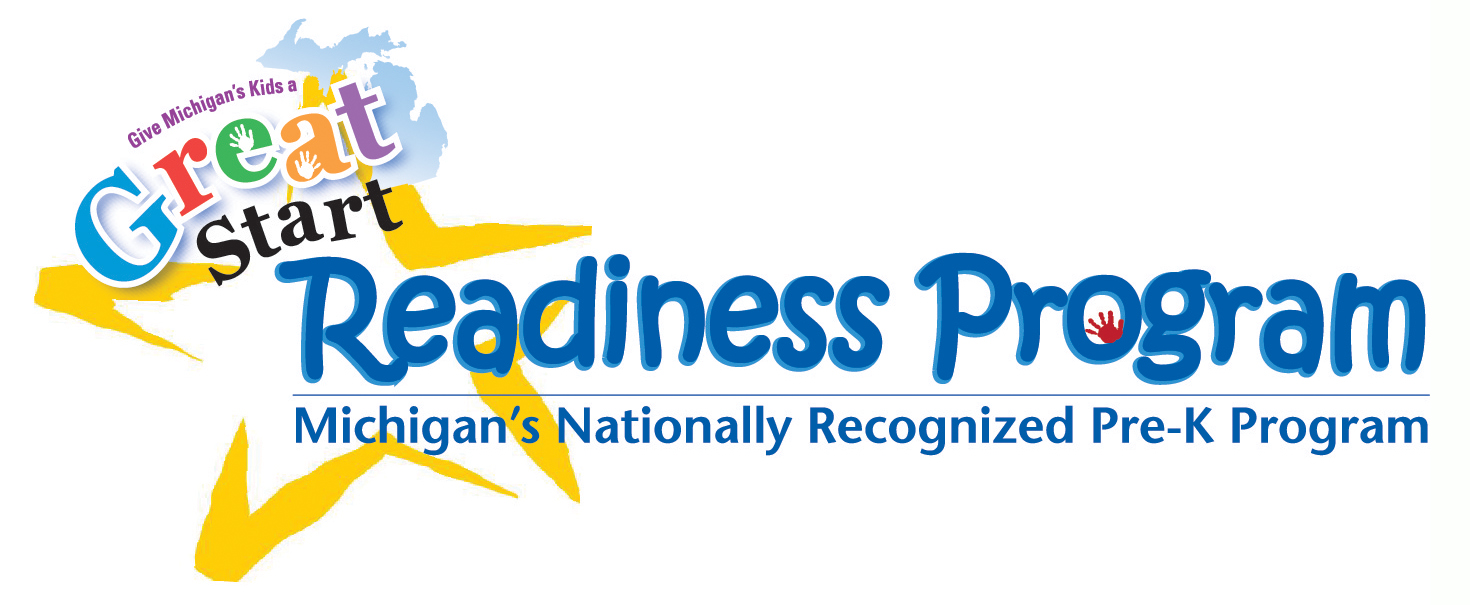Program Features
To learn more about our educational approach and whether we have openings, call (313) 664-2533.

Curriculum
The curriculum at the Merrill Palmer Skillman Institute Early Childhood Center is based on children's interests and is guided by the Michigan Department of Education's Early Childhood Standards of Quality for Prekindergarten.
Experiences that support the social, emotional, linguistic, cognitive and physical development of each child are addressed throughout the day.
- Children are involved in structured investigations about real world topics which may be generated by children or by teachers.
- Investigations are done over periods of time ranging from a day or two to several weeks. Encouraging children to investigate on their own timeline allows them to make the most of their learning.
- Emphasis is placed on "learning how to learn" rather than simply learning a collection of facts and skills. Children are provided multiple opportunities to develop individual questions for the investigations.
- Children and teachers work together to research the topics under investigation and find ways to share what they have learned.
- The ECC incorporates these ideas using the Project Approach (Katz & Helm, 2001). This Project Approach is evident in the classrooms as:
- Children participate in whole and small group projects that incorporate their interests where they are encouraged to explore, discuss, and research topics. These extended learning experiences offer children the opportunity to revisit, reflect, plan and develop new understandings. Consequently, the curriculum is flexible and evolving, changing as children's interests and understandings change.
- Children communicate their knowledge/ideas/understandings through symbolic representations (e.g., drawing, painting, singing, dancing, writing, talking, etc.). These forms of expression are used to enhance children's cognitive, linguistic social, emotional, and physical development.
- Teachers document, interpret, and evaluate children's thinking and learning using photographs, transcriptions of conversations, and children's symbolic representations. This documentation is used by teachers and children as a tool for reflecting upon what the children are learning as they participate in project work
- The learning environment is viewed as the "third teacher" and is carefully organized to encourage exploration and communication among children, teachers, and parents (Cadwell, 1997).
Visual Thinking Strategies (VTS)
Visual Thinking Strategies is a supplemental curriculum and teaching strategy used at the MPSI-ECC. VTS develops critical thinking, language, and visual literacy skills through discussions of art images.
The VTS curriculum consists of ten lessons taught by teachers over the course of the school year coupled with field trips to the Detroit Institute of Arts. The teachers ask three open-ended questions, paraphrase children's comments, and make connections between comments made by the children. The children are asked to look carefully at the art image, talk about what they observe, back up their ideas with evidence, and listen to and consider the views of others. VTS enhances skills that are necessary for later school success.
Communicating With Families
Communication between parents and teachers is very important. Formal and informal opportunities are available for teachers and parents to exchange information about the curriculum and children's development and to update each other about children's recent experiences. These opportunities include but are not limited to newsletters, monthly parent meetings, notes from teachers/parents, calls from teachers/parents, and conversations during arrival or dismissal times.
-
If you need information translated into your native language, please let the center director know.
-
Visits from Families
-
Family members are always welcome to visit during regular center school yours after checking in at the entrance/school office.
-
Parent-Teacher Conferences
Two formal parent-teacher conferences are scheduled during the school year. The first is the initial interview/conference that occurs at the time of enrollment. This is an opportunity for the parent to meet the teacher, ask questions about school routines and policies, and an opportunity for the teacher to become acquainted with the parent. The second parent-teacher conference occurs in the Spring. At this conference, the teacher shares information about the child's growth and development and provides parents with a progress report. It is also an opportunity for the teachers to seek input from parents about the program and the child's development. In addition to these two formal parent-teacher conferences, progress reports will be sent home three times per year.
If parents have any questions or concerns, they may request a meeting with their child's teacher at any time during the course of the school year. Contact your child's teacher and schedule a time that is convenient.


